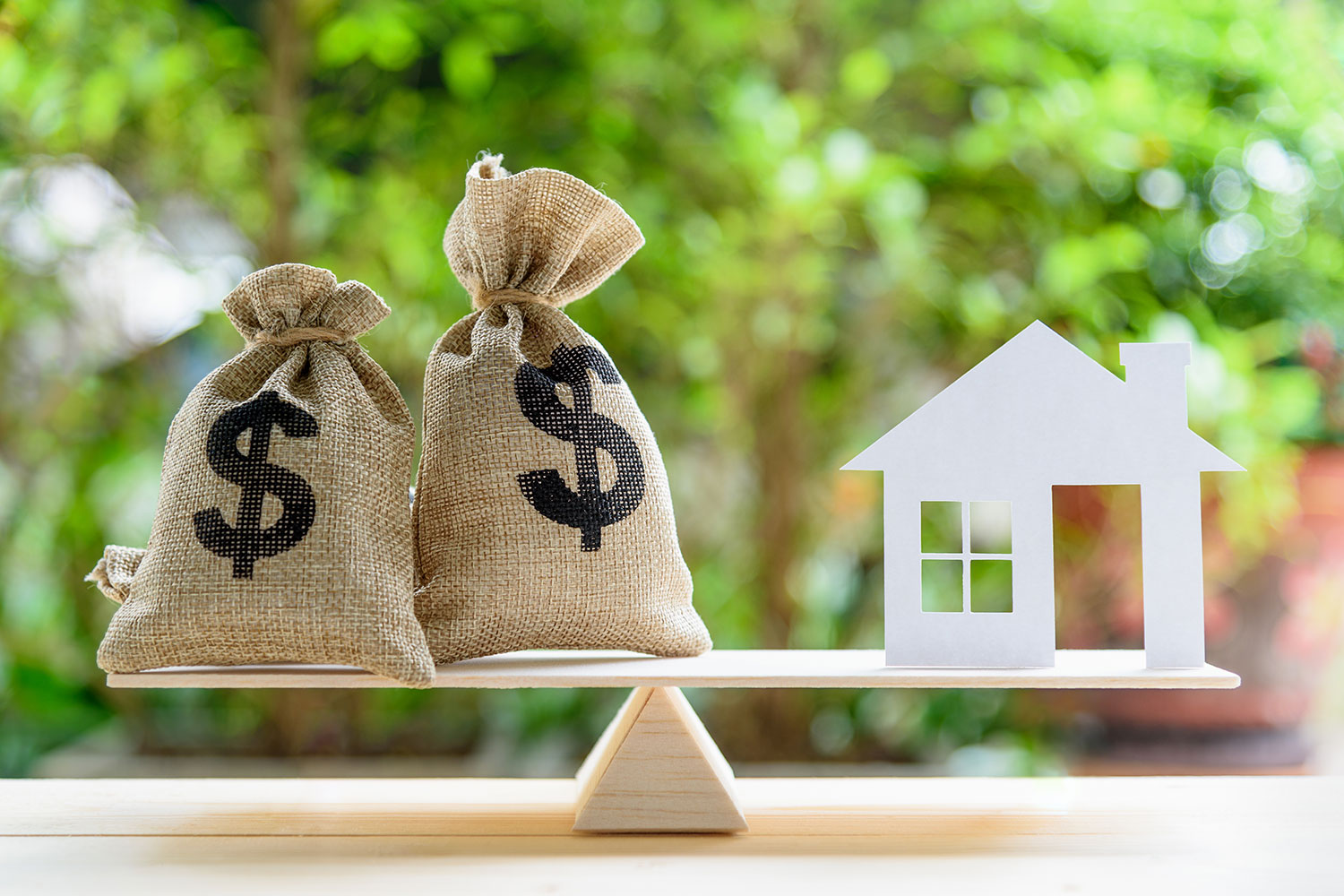Refinancing your home is a significant financial decision, and it's natural to have questions along the way. This comprehensive FAQ section is designed to provide you with clear and concise answers to some of the most common inquiries about the refinancing process.
Whether you’re wondering about the benefits, eligibility, costs, or the ideal time to refinance, we’re here to offer insights that will guide you toward making well-informed refinancing decisions. Read on to get answers to your queries and to gain a better understanding of how home refinancing can be a valuable financial strategy for you.
What Is Mortgage Refinancing?
Mortgage refinancing is the process of replacing your existing mortgage with a new one. It’s often done to obtain better loan terms, lower interest rates, or to access your home’s equity.
Why Should I Refinance My Mortgage?
There are several reasons to refinance, including lowering your monthly payments, reducing the total interest paid over the life of the loan, shortening the loan term, or accessing your home’s equity for various financial needs.
When Should I Refinance My Mortgage?
The ideal time to refinance depends on your financial goals. You can refinance when market interest rates drop, your credit score improves, or when you need cash for home improvements, debt consolidation, or other financial needs.
What Are the Different Types of Refinancing?
Common types of refinancing include Rate and Term Refinance (modifying interest rates and terms), Cash-Out Refinance (borrowing more than your current mortgage balance), and Streamline Refinance (a simplified process for government-backed loans).
How Does My Credit Score Affect Refinancing?
Your credit score influences the interest rate you can secure when refinancing. A higher credit score typically results in lower interest rates, which can save you money over time.
What Are Closing Costs?
Closing costs are the fees associated with the refinance process. They include appraisal fees, origination fees, title insurance, and more. It’s important to factor in these costs when deciding whether to refinance.
Can I Refinance with Bad Credit?
It’s possible to refinance with less-than-perfect credit, but it may result in higher interest rates and less favorable terms. Some government-backed loan programs, like FHA loans or VA loans, may be more lenient with credit requirements.
Should I Choose a Fixed-Rate or Adjustable-Rate Mortgage?
Your choice depends on your financial goals and risk tolerance. Fixed-rate mortgages offer stable payments, while adjustable-rate mortgages (ARMs) may provide lower initial rates that adjust over time. Consider how long you plan to stay in your home and the current interest rate environment.
Can I Refinance More Than Once?
Yes, you can refinance multiple times as long as it makes financial sense. However, consider the associated costs and how each refinance aligns with your goals.
What Is Loan-to-Value (LTV) Ratio, and Why Does It Matter?
The LTV ratio is the ratio of your loan amount to your home’s appraised value. It affects your eligibility and interest rates. A lower LTV ratio often leads to better loan terms.
How Long Does the Refinancing Process Take?
The refinancing process typically takes 30 to 45 days from application to closing. However, the duration can vary based on factors like your lender’s efficiency, the complexity of the transaction, and your responsiveness.
Can I Roll My Closing Costs into the Loan?
Some lenders offer the option to finance your closing costs by adding them to the loan balance. However, this increases your loan amount and long-term interest costs, so consider this carefully.
What Is the Break-Even Point in Refinancing?
The break-even point is the time it takes for your monthly savings to offset the closing costs. You should refinance if you plan to stay in your home beyond this point.
Can I Refinance If I’m Underwater on My Mortgage?
Refinancing when you owe more than your home’s current value (underwater) can be challenging but not impossible. Government programs like HARP or FHA Streamline Refinance may be available.
Is It Wise to Pay Off My Mortgage Faster Through Refinancing?
Shortening your loan term through refinancing can save money on interest but may result in higher monthly payments. Ensure you can comfortably afford the new payment before choosing this option.
These frequently asked questions provide a basic understanding of the mortgage refinancing process. However, it’s crucial to consult with a financial advisor or mortgage professional to discuss your specific situation and goals before making any refinancing decisions.





